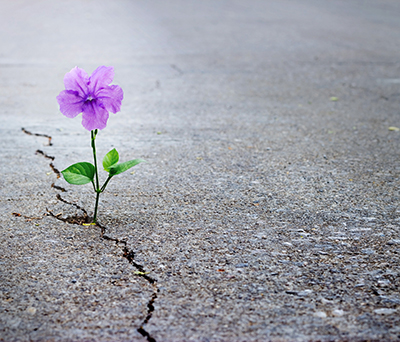
Imagine you have kidney failure and need dialysis while you wait for a kidney transplant. Imagine your doctor tells you the average wait time on the transplant list can be three to four years. Imagine one day you get a phone call from your doctor and find out that a complete stranger is donating one of his kidneys to you. Imagine a brand new healthy you.
OR
Imagine reading a story about a young mother who needs a kidney. Imagine thinking to yourself, “I’m healthy. I have two kidneys. I can be a living kidney donor.” Imagine changing someone’s life – forever.
Choosing to be a living kidney donor is a completely selfless act – and life-changing for you and the person who gets your healthy kidney. Some donors say it was a powerful experience that changed them in ways they did not expect.
The need for kidney donors is great. The number of people waiting for a kidney transplant is significantly higher than the number of kidneys available from deceased donors every year. In the U.S. there are less than 16,000 kidneys available annually from deceased donors and approximately 95,000 people who need a kidney transplant.
Washington University transplant surgeon, Jason Wellen, MD, explains the living donor process, “When a potential donor expresses interest in kidney donation, we connect them with one of our living-donor coordinators. Our dedicated coordinators are experts in living donation, and they help donors navigate the entire process.
We spend a lot of time and a lot of energy to do a significant amount of testing on potential living donors. We want to make sure that we know confidently the donor is going to live a completely normal life without any risk of renal failure or mortality over the course of his or her lifetime.”
There are many benefits to receiving a kidney from a living donor. They include higher transplant success, shorter wait time to receive a kidney and better organ function after the transplant.
For living kidney donors, advances in minimally-invasive surgical techniques and improved recovery protocols have resulted in less pain and faster recovery. Most donors can expect to spend two to three days in the hospital.
Dr. Wellen adds, “Our transplant program is extremely active in paired-kidney exchange programs. This means if you come to us for a kidney transplant and have a living donor who is cleared for donation but is not compatible with you (either because of blood type incompatibility or the presence of antibodies) there is still a way to find a match for both of you. We have the capability of entering you and your donor into a complex computer algorithm system to find a compatible donor for you and a recipient for your living donor– either within our transplant program or anywhere in the country.”
Ten thousand transplants and counting
Washington University and Barnes-Jewish Transplant Center recently performed their 10,000th adult organ transplant, read the complete story here
For more information about the living donor kidney program at the Washington University and Barnes-Jewish Transplant Center, call 888-767-7486 or go to How to become a living kidney donor